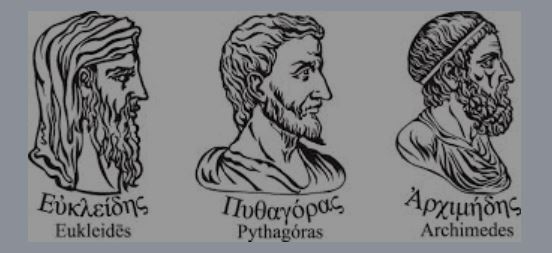By Jaime Yarbrough, Science Editor
What am I about to read? Why do I need to read it? How will it make my life better? These are the questions I will begin each article I will be writing. Let us just say I am a senior citizen. My perspective is reasonably unique to that age group with respect to the generations that came after us. It cannot be denied that we all live in a physical universe (world). It has physical rules as observed by people like the ancient Greeks, Euclid, Aristotle, Archimedes, Pythagoras and later by Galileo, Newton, Kepler, Einstein, Bohr, Copernicus, Curie, Darwin, Descartes, Hippocrates, Pasteur, Plank, Skinner, Hubble, Fleming, Watt, and countless others.
There is a term for people like me and that term is “Old School.” And yes, I am guilty. However, compared to the parents, grand parents and great, great, great grandparents of previous generations who had exposure to a far superior education I will be in awe. From the Latin root of ‘educate’ the definition which says: “to draw out or draw from within.” The essence of knowledge is curiosity. It is the question seeking an answer. A rock, tree, orange, any inanimate object does not ask a question. Living organism are largely attributed for wanting to know who, what, why, where, when and how of anything.
“Back in the old days” ….the answers to even the most simple questions required either someone with the knowledge (answers) to teach (tell) a person, or the person had to discover (research, experiment) the answer through experience. From what I hear even the most basic knowledge of mathematics is not being taught in our schools because why? We have calculators, cell phones, the internet…! (A book of knowledge is only valuable if 1. you know how to read and 2. you open it.)
It is said that experience is the best teacher. Going hand in hand with this and the ‘scientific method’ is ‘trial and error.’ From the experiments of Edison, it took over 100 experiments to perfect an operational light bulb. When asked why so many failed experiments? He said “I had to find out what didn’t work.” The problem with trial an error is it isn’t always friendly, and an error can be fatal. Many people have died teaching successive generations valuable lessons and providing us with invaluable knowledge.
SO, this is a Science article, and I will be addressing some of the areas of science I am familiar with and feel it is of value for anyone with a curiosity about those areas. Curiosity is a lot like gasoline. Sometimes an answer to a question can create a ‘spark’ that causes a FOREST FIRE, that will lead a fertile mind into a career as a trade’s person, a scientist, a doctor, lawyer, computer technician/programmer, a public servant (sometimes known as a politician), ASTRONAUT, or even an educator.
My next article will be about something science related. While you may not need/want to know about it and consider it ‘nice to know’ or ‘trivia’ you will never know when having the right knowledge may be important in the future. It is why we have libraries and ‘the cloud’ to keep it all, Please, do me a favor and let me know what you would like to know about, and I will try to satisfy your curiosity. At the very least I will try to give you some direction to where you can find out more.



Thanks Dan,
While it has been said many ways by countless people when you can draw on a contemporary it has, let’s say, gravity: “Failure is an option here. If things are not failing you are not innovating.” This Elon Musk quote is an incredibly crucial concept for entrepreneurs to understand.”
Great thoughts in this article. In fact not just scientists but many successful people failed a lot before breaking through the success barrier. Its almost a requirement. Perseverance and outside help with perspective is key.